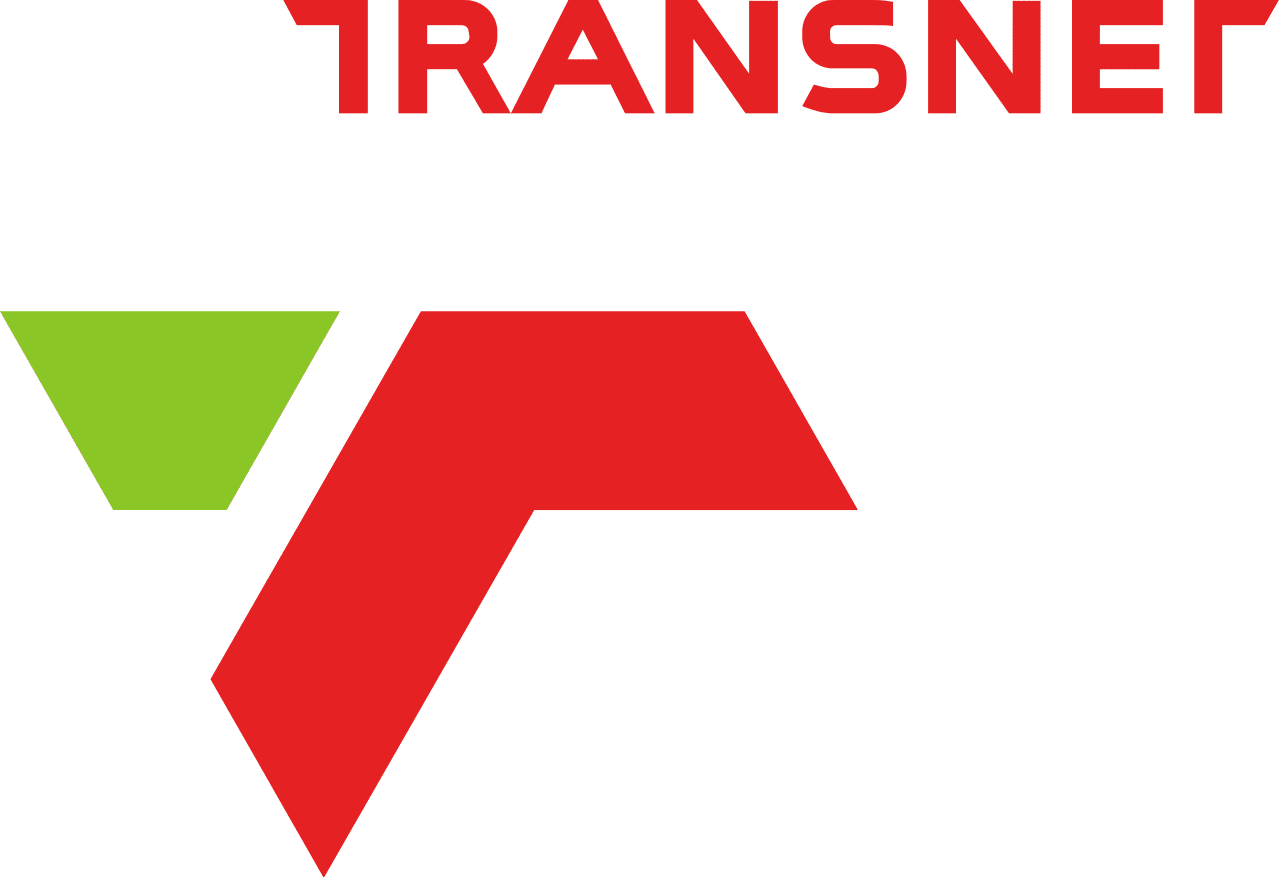On 1 November 2023, Transnet SOC Ltd (Transnet) announced the establishment of an interim Infrastructure Manager (IM), a move that will culminate in the reform of the country's rail network. This reform includes opening the market to third parties, which will only commence once the access regime, tariff methodology, and finalization of the Network Statement have been approved by the IRERC and the Transport Economic Regulator (TER) is appointed.
This follows Cabinet approval on 23 March 2022 of the White Paper on National Rail Policy, 2022 (the "Rail Policy"). The Rail Policy introduces radical structural reforms in the sector that are intended to enable and facilitate private sector investment, optimal utilisation of rail and effective economic regulation of rail that enables equitable access to the rail network and ensures that it is properly managed and maintained. Access will ultimately be regulated by the soon to be established TER.
The Rail Policy aims to liberalise the rail sector by regulating access to rail infrastructure and providing private train operating companies with access to the freight rail network. This process of liberalisation has been enabled by the introduction of the National Rail Policy and the promulgation of the Economic Regulation of Transport Act (2024) (ERT Act) which shall come into operation on a date to be fixed by the President by proclamation in the Gazette.
The TER will exercise economic regulation and will determine prices controls for the sale of train slots, and regulate types of access, including compliance to the ERT Act, penalties, and the resolution of disputes between Infrastructure Managers (IMs) and Train Operating Companies (TOCs).
The key commercial objectives of the IM are to maximise network utilisation, increase network density, generate revenue through access fees that will fund network maintenance, rehabilitation, and expansion, and increase rail market share in economic growth sectors by facilitating road to rail migration.
The Rail Policy states that funding for the infrastructure will be provided by Government to enable the Infrastructure Manager to provide network availability and reliability to freight rail operations throughout South Africa in line with investment plans and allocated funding. Access fees will be used to manage the operations cost of the IM.
The Rail Policy further directs that the interim Transnet Rail Infrastructure Manager (TRIM) will manage, operate, and maintain the Transnet rail network infrastructure. Transnet Freight Rail Operating Company (TFROC), the incumbent train operator will compete with other Train Operating Companies (TOCs) in the future.
TFROC will be responsible for freight rail operations within the Republic and in the South African Development Community and for, haulage on the network mainline and branch lines, yard operations, where contracted to do so and train safety; TFROC will own its own rolling stock and will be responsible for rolling stock management.
Due to the complexity and long-term nature of the organisational design process, Transnet has established an Interim Infrastructure Manager to ensure compliance with the Rail Policy and the ERT Act. This interim role is crucial for operational readiness for Phase 2 of open access. The Interim Infrastructure Manager will carry out all necessary activities for the successful implementation of the Infrastructure Manager’s role, engaging with the Interim Rail Economic Regulator Capacity (IRERC) and managing access until a permanent IM structure within a new Operating Division within Transnet is established.

